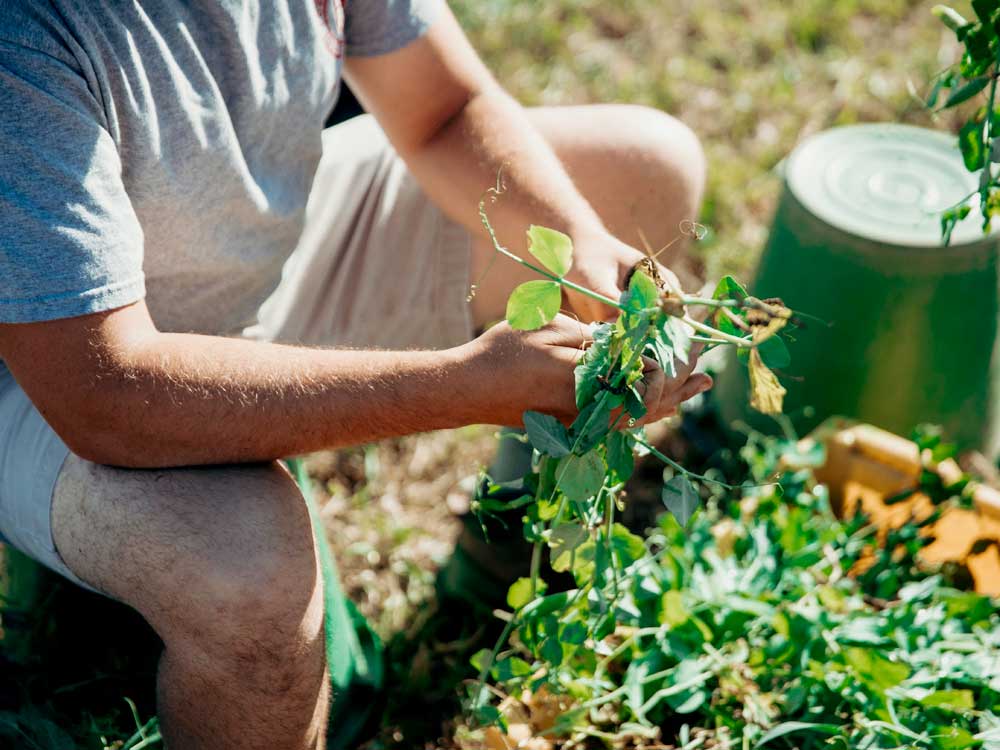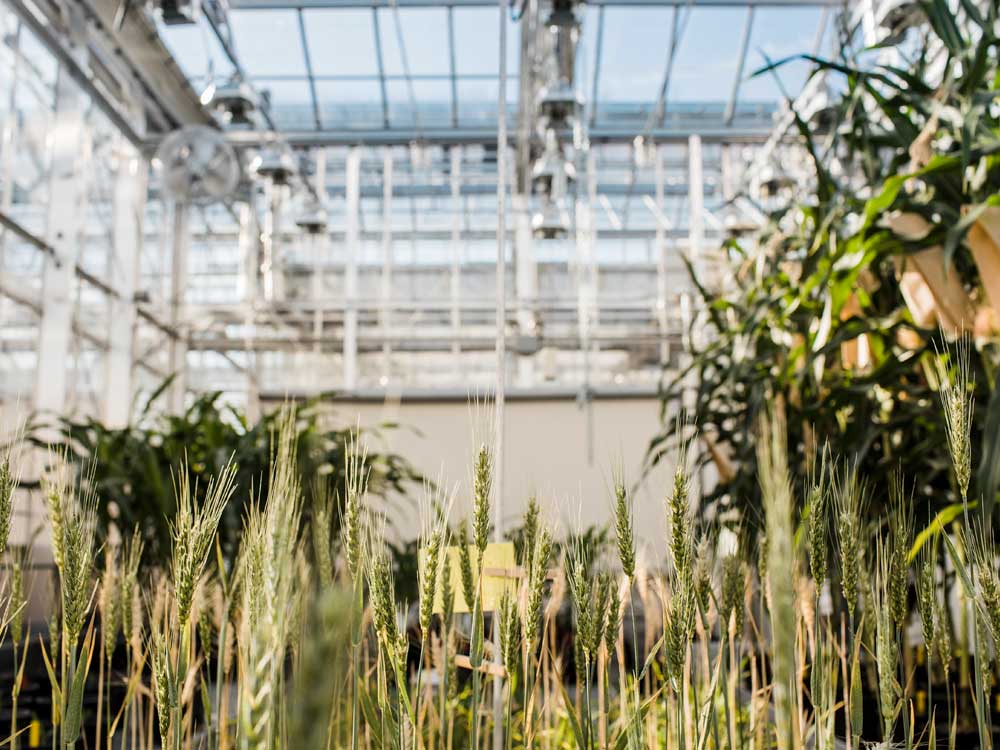Social and Ethical Engagement
Social and Ethical Engagement with Digital Biology (SEED)
Lead Bruce Lewenstein
Senior Personnel Cabral Bigman, Samara Klar, Anthony Studer, Lav Varshney, Margaret Frank, Phoebe Sengers, Hakim Weatherspoon, Georg Jander
The SEED team will help identify topics for rich conversations as they emerge from the visions of digital biology expressed by CROPPS participants and stakeholders, and as we identify them from public engagement activities. These conversations will address issues such as privacy, water use, ownership, labor markets, technology accessibility, training, and other topics where development of new knowledge interacts with social issues.
Initial topic questions include the following:
- What does the public know about how we produce plants and agriculture?
- How might new knowledge lead to social changes in relationships between farmers and consumers?
- How can societal needs inform research on plant systems when adapting plants to climate change?
- Who should make decisions about allocating scarce water supplies to agriculture?
- When workers are in fields, who owns data gathered by automated systems monitoring those fields?
Using social science tools such as participant observation, focus groups, interviews, and surveys, we will identify opinions about digital biology held by different groups and track changes in those opinions over time. We will also assess the effect of public engagement on CROPPS visions, testing the hypothesis that public engagement leads to more productive development of research projects and outcomes.
In our research we will seek to do the following:
- Enrich understanding of how visions of emerging technologies develop and change over time.
- Test the hypothesis that public engagement leads to more productive development of research projects and outcomes.
In our work, we will pursue the following objectives:
- Objective 1: Documentation of CROPPS visions as they evolve among CROPPS participants, CROPPS stakeholders, and the broader public.
- Objective 2: Documentation of the effects of enhanced capacity for public engagement.




